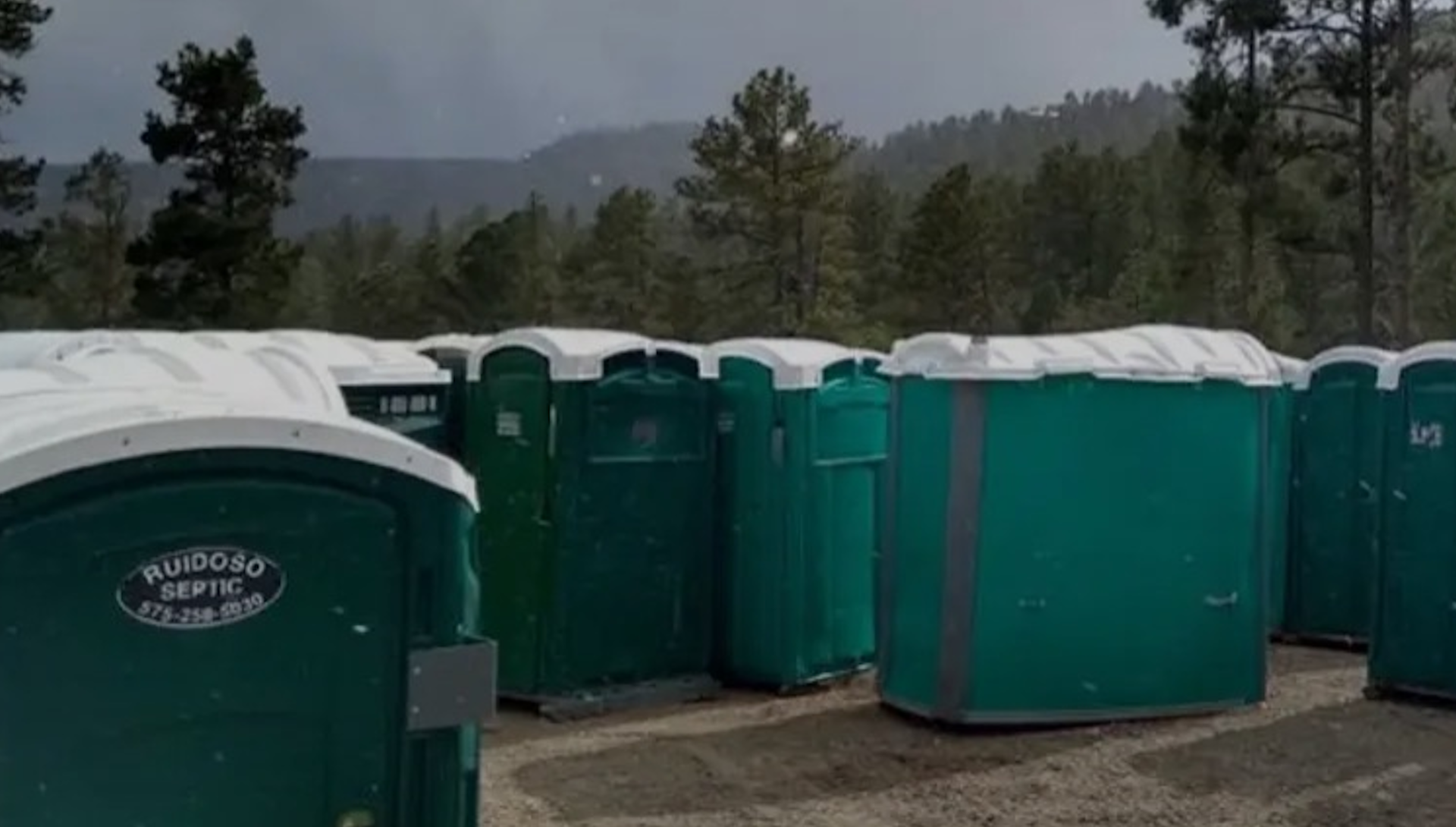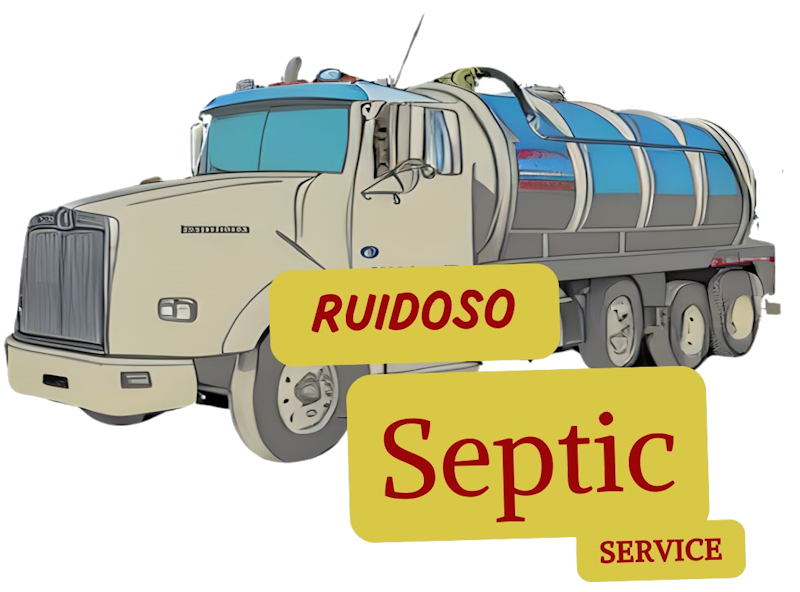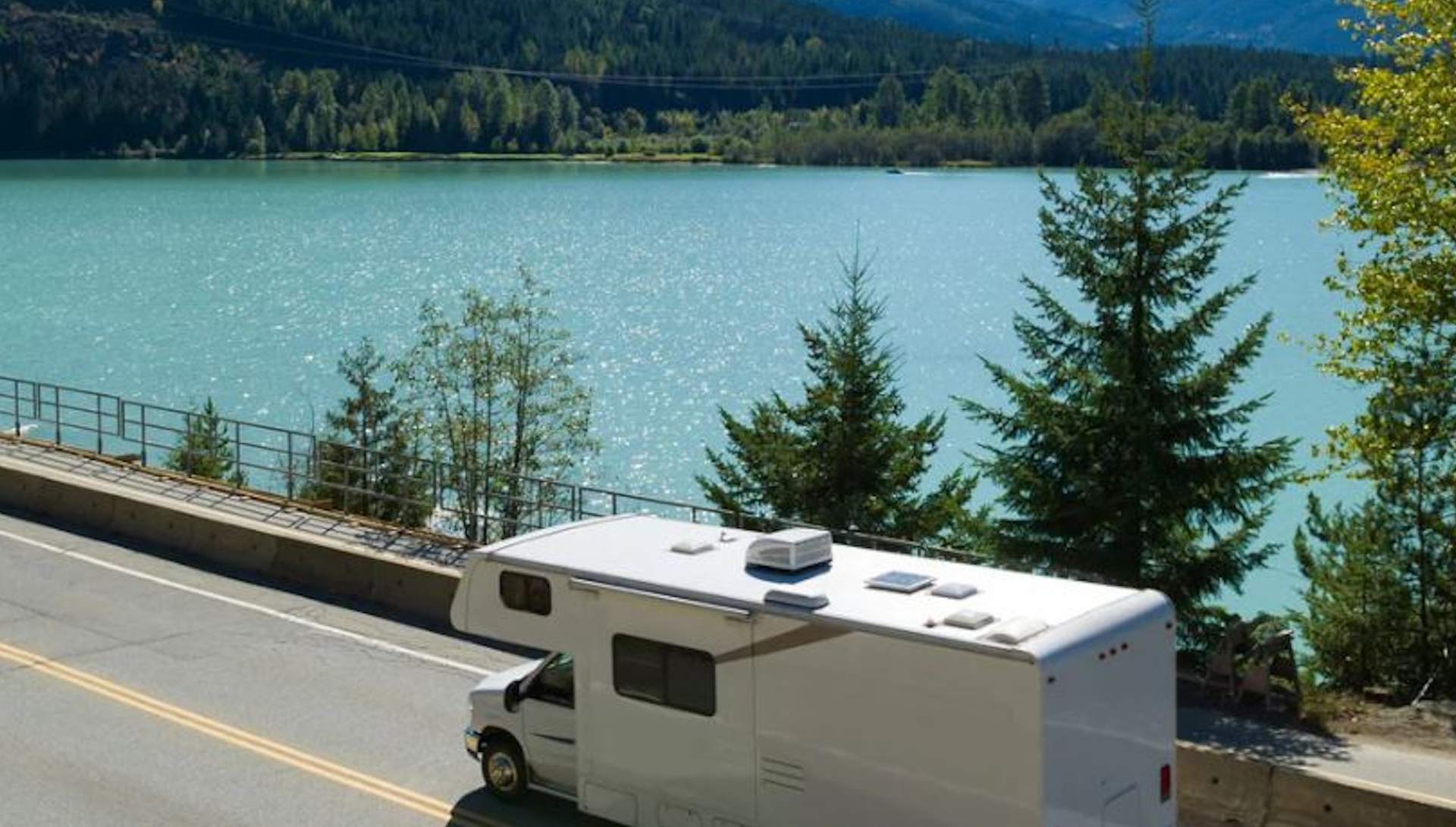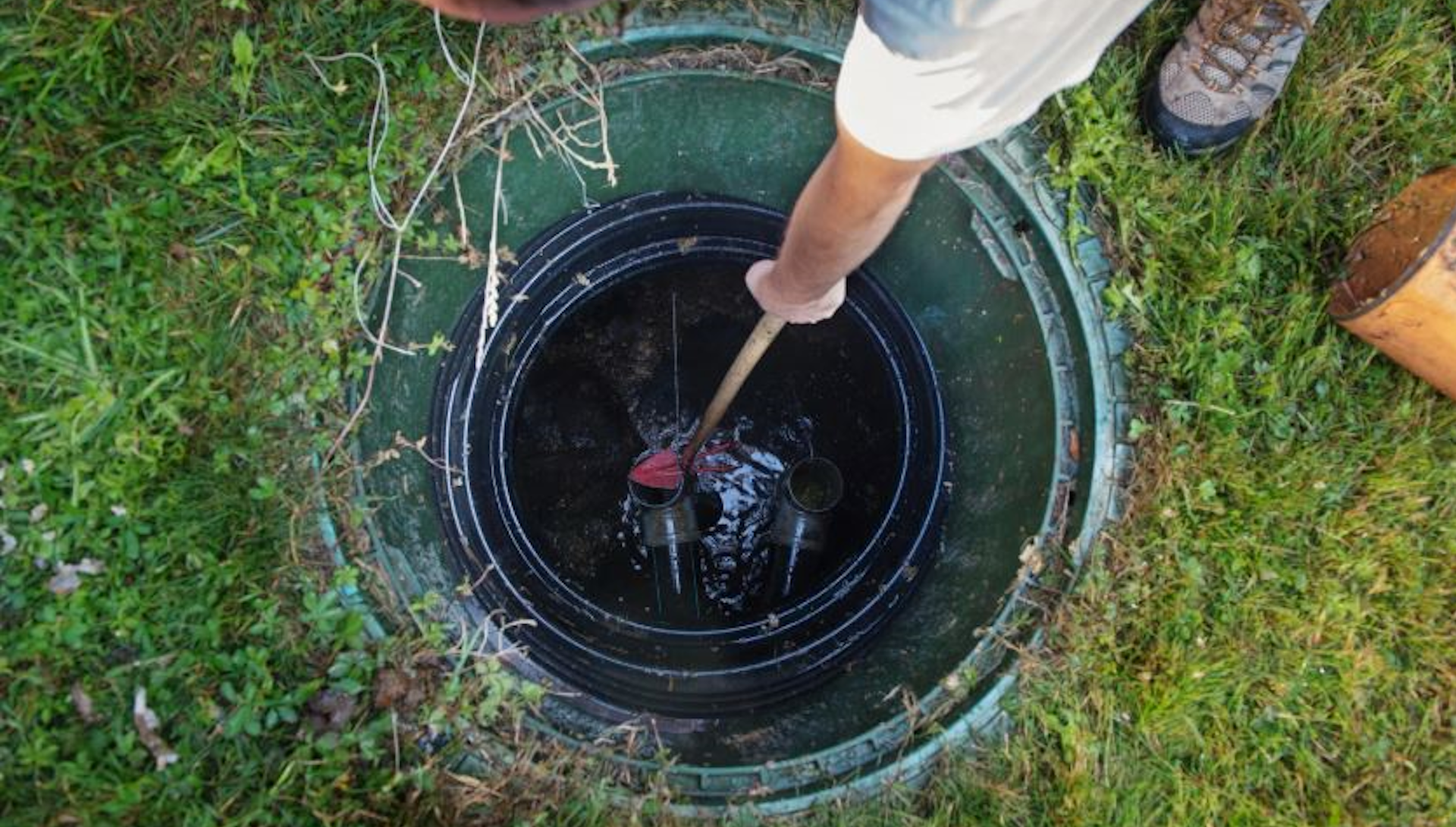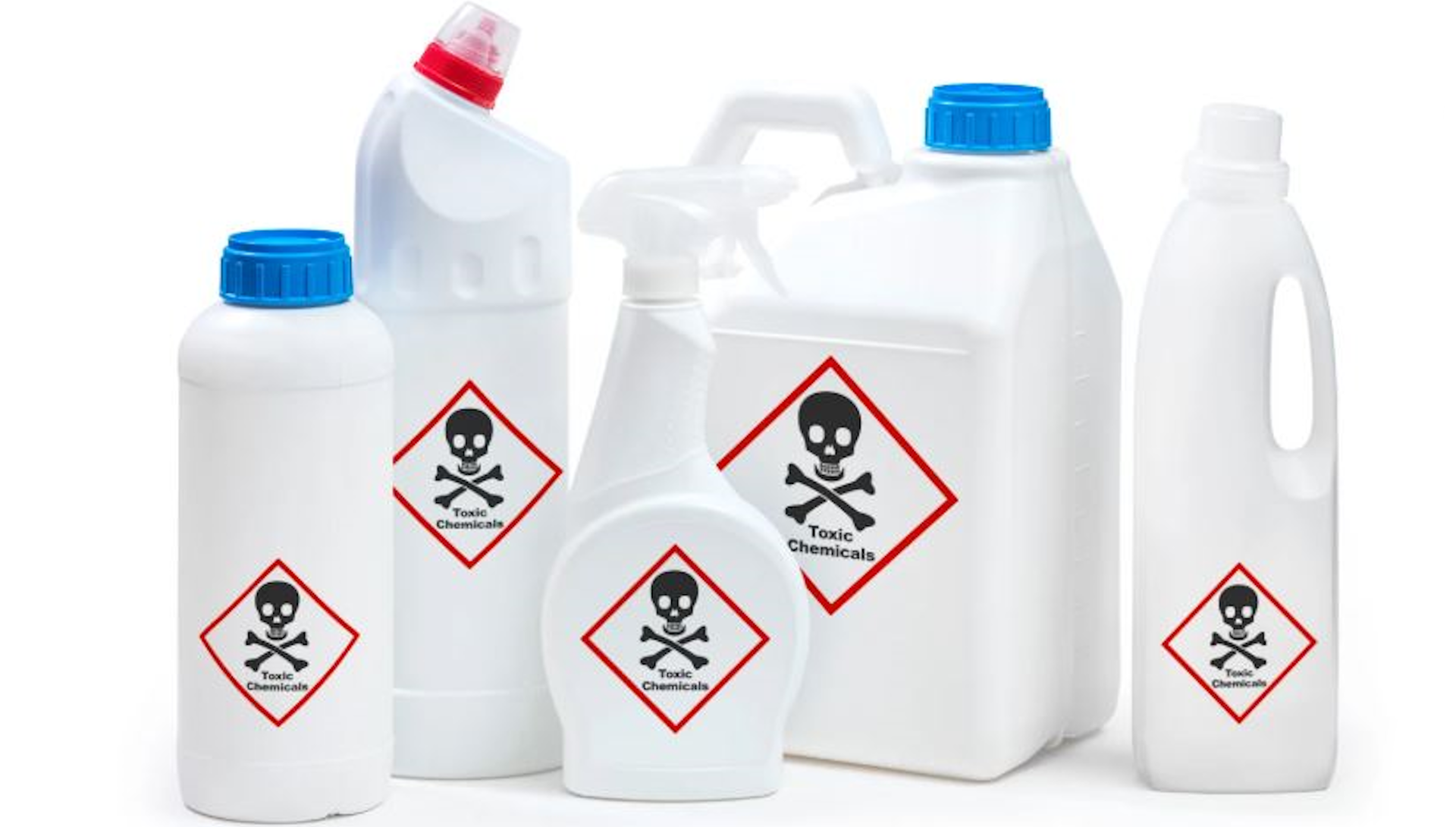What Is Portable Sanitation?
Portable sanitation is a vital component of public health and convenience at events, construction sites, and in disaster relief situations. It refers to temporary solutions for human waste disposal, handwashing, and hygiene needs where permanent restroom facilities are unavailable. The most recognizable form of portable sanitation is the classic portable toilet, often referred to as a porta-potty, but the industry includes a wide range of services and products.
Portable sanitation encompasses various mobile sanitation units, including:
Standard portable toilets: Basic, standalone units typically used at construction sites, festivals, or parks.
Deluxe restroom trailers: Upscale units offering running water, flushing toilets, lighting, air conditioning, and sometimes even music.
Handwashing stations: Freestanding sinks with fresh water, soap dispensers, and paper towels or hand dryers.
ADA-compliant units: Larger portable toilets designed for wheelchair accessibility.
Holding tanks and waste management systems: Used to contain waste from trailers or long-term portable setups.
These services are typically rented and maintained by professional sanitation companies that ensure regular cleaning, restocking of supplies, and proper waste disposal.
When and Why It’s Needed
Outdoor events: Concerts, festivals, fairs, and sports events.
Construction sites: Required by OSHA standards to provide adequate restroom access for workers.
Emergency and disaster relief: Provides critical hygiene support in areas affected by natural disasters or infrastructure failure.
Remote work areas: Farms, camps, and areas without plumbing systems.
What to Expect When Using Portable Sanitation
If you’re planning to rent or use portable sanitation, here’s what you can generally expect:
Placement & Accessibility: Units should be placed on level ground in accessible locations. If ADA-compliant units are required, ensure they are easy to access without obstacles.
Cleanliness: While the level of cleanliness can vary based on frequency of use and maintenance, most providers schedule regular cleaning, deodorizing, and waste removal to keep units hygienic.
Supplies: Standard units usually include toilet paper, hand sanitizer, and deodorizing chemicals in the tank. Deluxe units may offer soap, running water, and even climate control.
Capacity: The number of units you need depends on the number of users and the duration of use. For example, a large event may require dozens of units to prevent long lines and unsanitary conditions.
Cost: Prices vary depending on unit type, duration of rental, and location. Basic units are relatively affordable, while luxury trailers cost significantly more due to added amenities.
Final Thoughts
Portable sanitation plays a crucial role in ensuring comfort, safety, and hygiene in places where conventional plumbing is unavailable. Whether you’re organizing a large event, managing a construction site, or preparing for emergencies, understanding what to expect from portable sanitation services helps ensure a smooth and sanitary experience for everyone involved.
